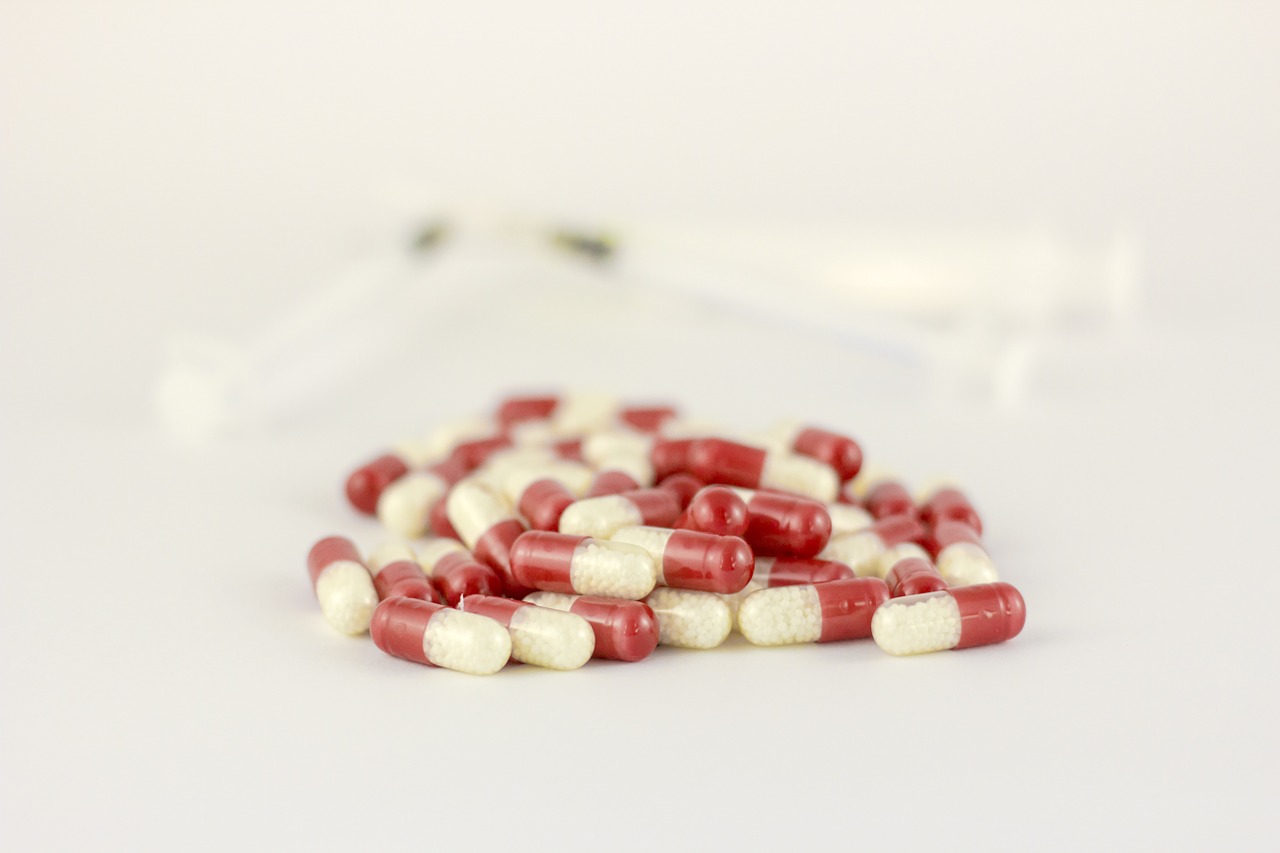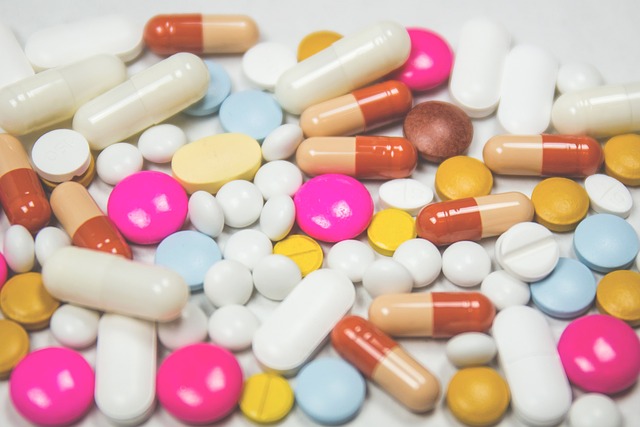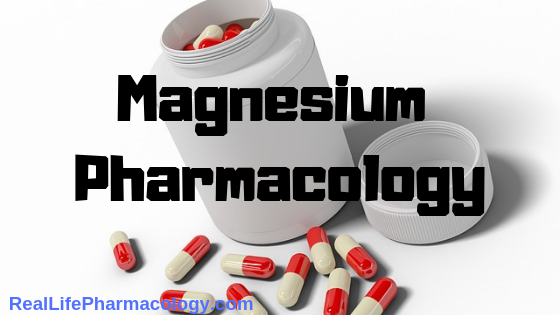Podcast: Play in new window | Download (Duration: 16:10 — 14.8MB) | Embed
On this episode of the Real Life Pharmacology Podcast, I start my journey on summarizing the most highly testable pearls with the top 200 medications. I’m going through the top 200 medications, 5 drugs at a time, and sharing my experience and clinically relevant information about these medications.
Escitalopram is an SSRI that can cause serotonin syndrome, sexual dysfunction, and SIADH.
Simvastatin is a cholesterol medication that can cause myopathy and rhabdomyolysis.
Levothyroxine is a thyroid hormone replacement medication that has numerous binding drug interactions.
Vicodin is a brand name combination of hydrocodone and acetaminophen. It is an opioid combined with and OTC analgesic.
Lisinopril is an ACE inhibitor used for hypertension that can cause a chronic dry cough and hyperkalemia.
Be sure to check out our free Top 200 study guide – a 31 page PDF that is yours for FREE!
Support The Podcast and Check Out These Amazing Resources!
Meded101 Guide to Nursing Pharmacology (Amazon Highly Rated)
Guide to Drug Food Interactions (Amazon Best Seller)


